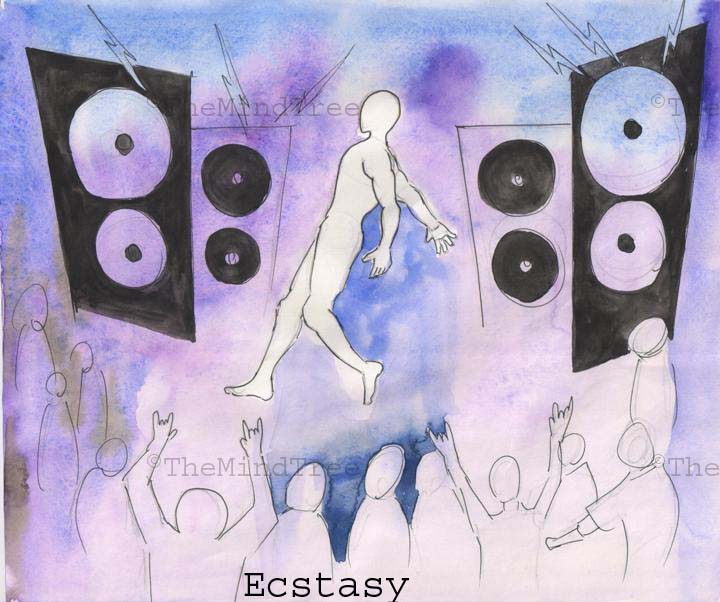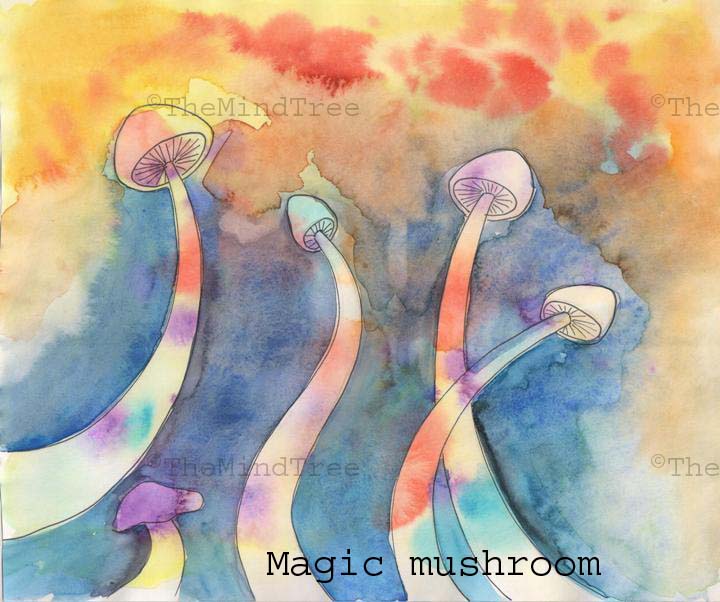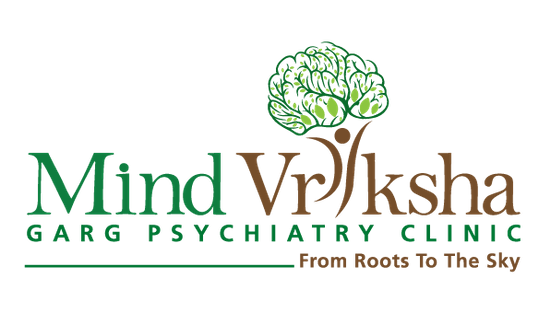Hallucinogen drugs are those drugs which causes a change in the perception of reality of a person. They make a person hallucinate excessively and the person is transformed into an imaginary world.
It results to subjective changes in the way that a user thinks, acts or reacts to various situations. They also induce an intense emotional changes and mood swings.
Drugs categorised under hallucinogens are as follows:-

SYMPTOMS
- Emotional distress including anxiety, depression and disorientation
- Blurred vision
- Inability in performing basic functions
- Nausea, rapid heart rate and dizziness
- Dilated pupils
- Distortion of time, size, depth and shape
- Hallucinations(stationary items moving)
DAMAGES CAUSED BY LSD
- Serious depression
- Psychosis
- Terrifying thought and feelings
- Emotional instability
- Panic attacks
- Sudden unexpected trip of LSD which was experienced while popping the drug
- Distortion of one’s identity
LSD-Lysergic Acid diethylamide is psychedelic drug known for its psychological effects on the brain, it is generally swallowed, kept under tongue or injected by the user.
If LSD is taken in a hostile environment or any unsettling situation the experience of LSD can be very lethal and damming as it creates a different perception of reality which is often deemed as “bad trip” by addicts. It expands the consciousness of a person and transcends the normal boundaries of awareness and existence.
HISTORY
LSD was invented in the year 1938 by Albert Hoffman from ergotamine, it was initially used for psychiatric uses and it was thought it can be used as a substance for mind control and chemical welfare.
CASE STUDIES
Ms M R, age 24 went on a trip to Himachal Pradesh, with her friends and wanted to try LSD as many of her friends had done it and defined their experience unique and memorable. So one night with all her friends, she took a LSD stamp and she started feeling its affects within 30 minutes, it started with mild hallucinations, then gradually she got distorted about where she was (she started to think, she was near Mount Everest) and her friends were planning to kidnap and throw her away from the Mount Everest. She had an anxiety attack and in panic ran away and jumped 40 feet’s to the ground, thinking she will be able to fly and will not fall on the ground. She was hospitalised with a broken leg and 4 stitches on her head. M R was not able to handle the affects of LSD and she vowed never to try it again.

SYMPTOMS
- High blood pressure
- Seizures
- Loss of consciousness
- Panic attacks
- Reduction in mental abilities
- Impulsiveness
- High anxiety
- Reduced interest in and pleasure from sex
- Disturbance in sleeping cycle
- Frequent mood swings
SEVERE SIDE EFFECTS OF ECSTASY
- Heart failure
- Kidney failure
- Memory damage
- High blood pressure
- Erectile dysfunction
- Paranoia
Ecstasy or MDMA (methylenedioxy-methamphetamine) is psychoactive drug, this type of drug is generally found in tablet form and commonly abused by teenagers in parties and concerts where electronic, trance and house music is played primarily because of it stimulatory effects. It enhances the perception and sensation of a user, people also use this drug to increase their longevity of sexual activity.
CASE STUDIES
R C, age 28 a DJ for a pub was a regular user of ecstasy as he thought it gave him energy and charged him up, so he could perform better at his job. Problems started after a year, when he increasingly started to get panicked and anxious when not working, it got difficult for him to sit at one place without being fidgety, he was hyper at most times. He couldn’t help but continue the use of ecstasy; it helped him in calming his anxiety down and making him feel energetic again. One day while working in a big event, he overdosed on ecstasy as a result he blacked out and collapsed on the floor. He was rushed to the hospital, where upon medical examination it was revealed that he had a severe heart stoke. He luckily survived as he reached the hospital on time. After being discharged from the hospital, he willingly volunteered for a detoxification treatment.

SYMPTOMS
- Mental confusion
- Increase in paranoid thoughts
- Losing control over thoughts
- Experiencing nightmares
- Liver problems
- Mood swing
- Effects on sensory organs (sound, taste, visuals, hearing sounds)
ADVERSE EFFECTS ON BRAIN
- Visual hallucinations
- Depression
- Schizophrenic (Outbursts and chaos)
Psilocybin or most commonly referred to as magic mushrooms is a psychedelic drug. The affect of this mushroom on the brain is similar to that of LSD.
The brain goes into a trance of euphoria creating visual and psychic hallucinations, distortion of time, people, colours is also common. This drug can create serious panic attacks and sense of delusion to its user.
HISTORY OF PSILOCYBIN
The history of Psilocybin drug dates back to 1000-500 B.C, where they were used for spiritual experiences by Indians, Spanish and Mexicans. It expands the limit of consciousness of the brain sometimes taking the brain away from reality.

